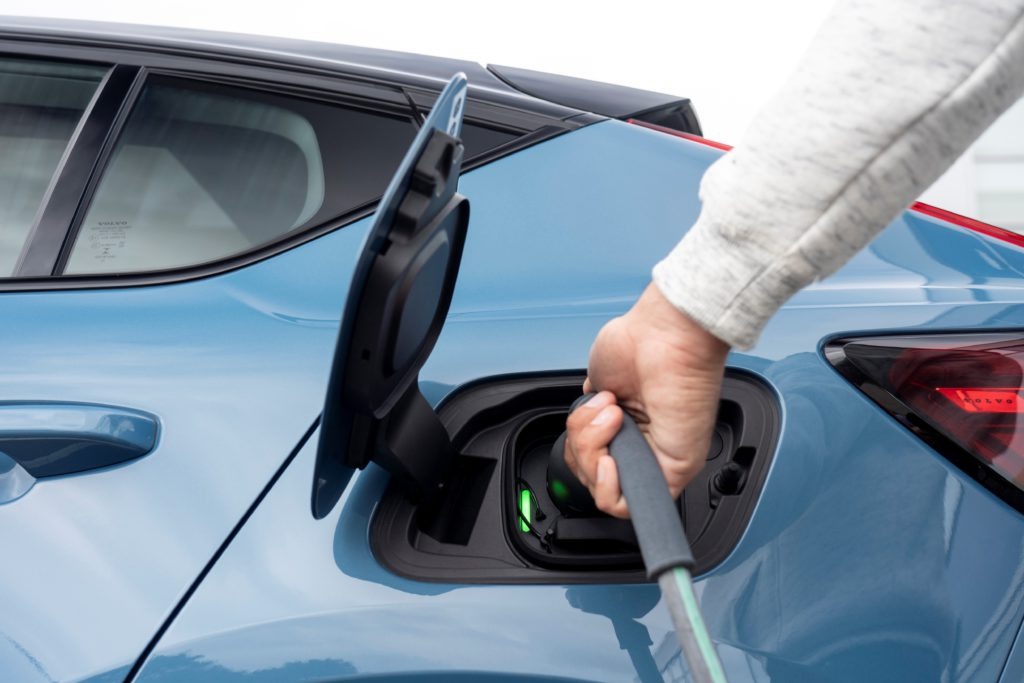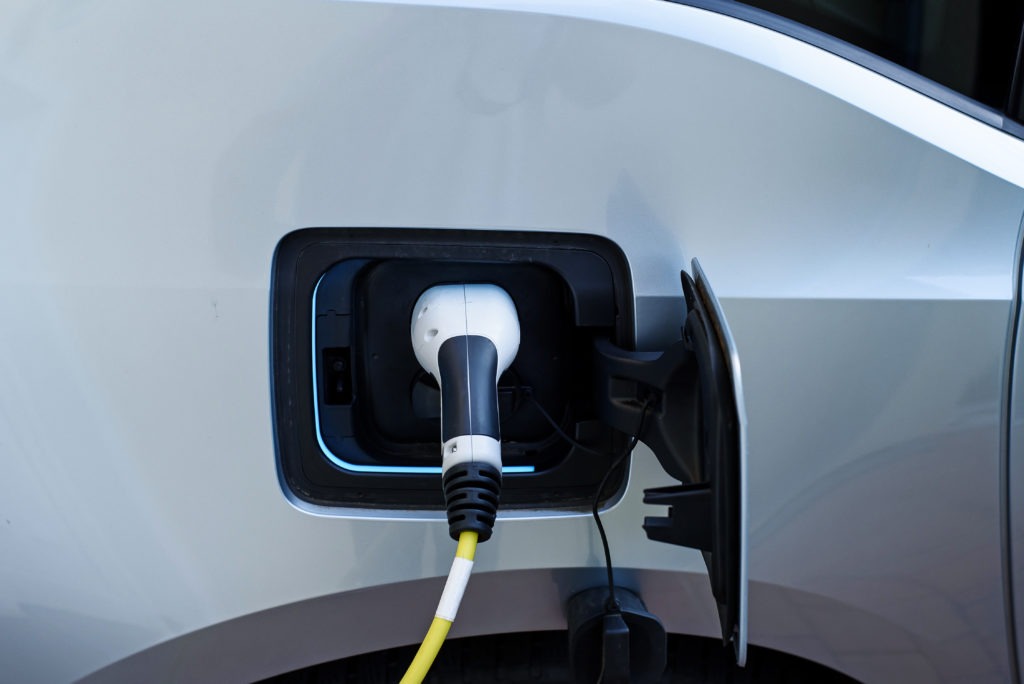Volvo wants EVs to reach their full potential
02 November 2021

Volvo Cars (Volvo) has called for a worldwide boost to investments in clean energy production. This is to help ensure electrically-chargeable vehicles (EVs) can reach their optimum potential in terms of climate benefit.
The call comes as heads of government gather in Glasgow, Scotland, for COP26, to work on plans to address climate change.
Volvo’s announcement also dovetails with a newly published report analysing the life cycle of carbon emissions produced by the carmaker’s latest EV. One of the key findings of the report is the potential for significant CO2 reductions if cars are manufactured and operated using clean energy sources.
The new Life Cycle Assessment (LCA) report for the Volvo C40 Recharge suggest that the availability of clean energy for both manufacturing and charging makes a huge difference in terms of ensuring a more positive CO2 impact.
The report found that by charging the C40 Recharge with energy derived from clean energy such as wind power, its CO2 life cycle is less than half that of a traditional, internal-combustion-engine (ICE) powered Volvo XC40.
It also revealed that when charging the XC40 with electricity generated from clean sources, its lifecycle CO2 footprint comes down to approximately 27 tonnes of CO2, compared to 59 tonnes for an XC40 compact SUV powered by an (ICE.)
Fully electric by 2030
Volvo Cars have been frontrunners in the automotive world’s move towards electromobility. In 2017, the manufacturer announced that from 2019 all new models would include an electric motor as part of the powertrain.
In early 2021, Volvo announced plans to switch exclusively to EV production by 2030. On top of this, the company aims to become climate neutral by 2025 and is developing fossil-free steel with battery suppliers.
‘We made a conscious strategic decision to become a fully electric car maker and an industry leader, but we can’t make the transition to climate neutrality alone,’ said Håkan Samuelsson, Volvo Cars’ chief executive.
‘We need governments and energy firms around the globe to step up their investments in clean energy capacity and related charging infrastructure, so fully electric cars can truly fulfil their promise of cleaner mobility.’



